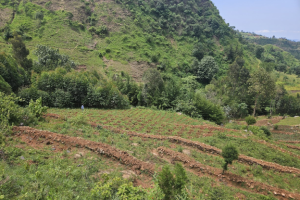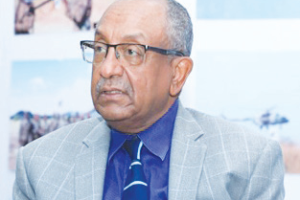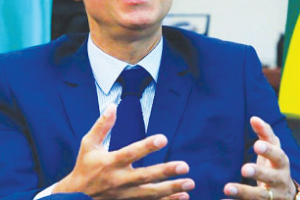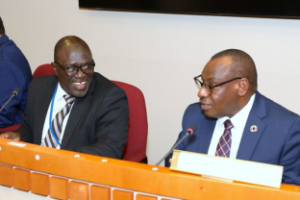
The last couple of months have seen a remarkable progress in the country’s diplomatic and international engagement with the international community. In a stark departure from their previous stances, some countries which resorted to tense rhetoric and wrong approach in dealing with Ethiopia’s internal affairs have taken a matured decision and reconsidered their positions recently. Given the irreplaceable role the country plays in stabilizing the Horn of Africa, countries regardless of their economies have been keen to nurture a strong alliance with Ethiopia.
Unlike the last few years which were marred by twists and turns, the country these days is fully back on the global stage with leaders of various nations visiting the country one after another. In a span of a few weeks, representatives from various corners of the world set foot to the country in an effort to forge strong relations with the country.
Misled by lopsided information and driven by unhealthy foreign policy, some countries tried to put unwarranted pressure ultimately affecting the socioeconomic efforts of the nation. Following the peace deal the country sealed, the country’s relationship with the international community has seen dramatic change. In sharp contrast to previous years, the financial assistance Ethiopia gains from international financial institutions have improved. Despite some challenges, the country has been making extensive efforts to sustain its growing socioeconomic growth. The country has launched different developmental projects. To fully materialize its ambitious plans, the country requires foreign finance and backing.
Recently, Ethiopia and the World Bank signed a financing agreement amounting to a total of $400 million to boost human capital development in the country. The total deal will be disbursed in the form of a grant and the remaining 50 Million USD in credit.
Ethiopia has been impacted by multiple crises including COVID-19, climate-related disasters, and devastating conflict, whose impact disrupted the delivery of essential services.
And, this week, Prime Minister Abiy Ahmed received hosted World Bank President Ajay Banga, who was in Ethiopia earlier in the day for a two-day visit.
During a bilateral meeting held together with their delegations, the Prime Minister provided an overview of the overall economic reforms underway and the progress of Ethiopia’s homegrown economic reform agenda, ENA reported.
The World Bank President on his part commended Ethiopia’s focus on key development goals despite many challenges encountered domestically and in the global arena.
“I appreciate the Fund’s continued engagement and support, including its scaled-up efforts in responding to climate challenges,” he said in a tweet after the meeting.
“Ethiopia encourages WBG to enhance its mission to respond to new challenges-climate change, pandemics, and conflict issues while reaffirming the centrality of the twin goals of poverty reduction and shared prosperity,” he added.
Over the years, Ethiopia has been facing various manmade and natural disasters requiring the nation a big sum of finance. And, now that the country has begun recovering from its calamities, international financial organizations should not only pledge but also disburse financial assistances to back the country’s developmental endeavors. Ethiopia’s economy is big in the Horn of Africa and supporting it with the needed foreign finance will have a significant positive impact in the region.
THE ETHIOPIAN HERALD FRIDAY 4 AUGUST 2023





